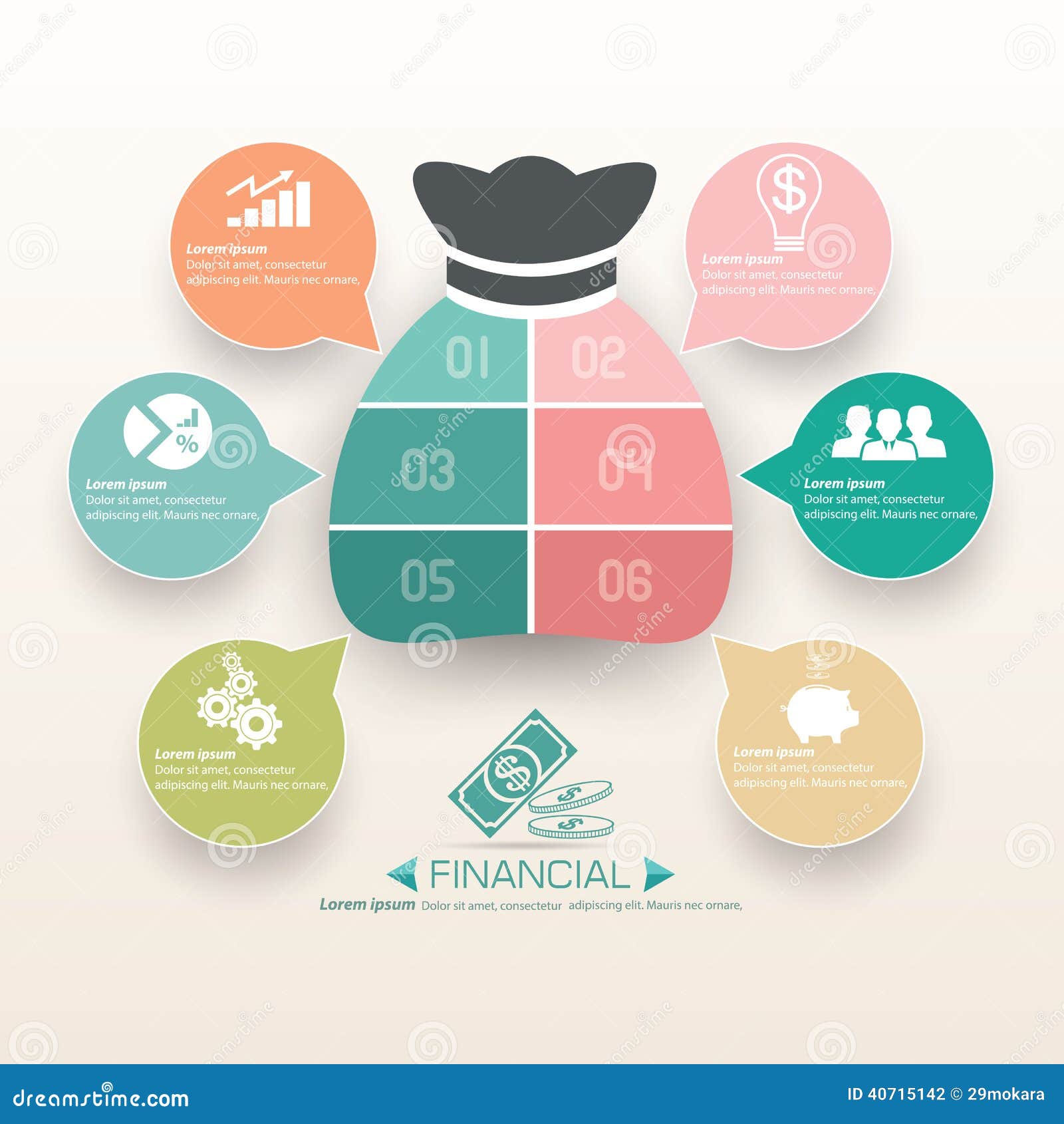Discover The Surprise Prices And Repercussions Of Back-Pedaling A Performance Bond, And Discover Why It's Essential To Prevent This Expensive Misstep
Discover The Surprise Prices And Repercussions Of Back-Pedaling A Performance Bond, And Discover Why It's Essential To Prevent This Expensive Misstep
Blog Article
Material Author-
When a surety problems a performance bond, it guarantees that the principal (the celebration that buys the bond) will certainly meet their responsibilities under the bond's terms. If the principal fails to meet these obligations and defaults on the bond, the guaranty is accountable for covering any losses or problems that result.
1. Loss of online reputation: Defaulting on an efficiency bond can damage the principal's reputation and reliability, making it more challenging to protect future business or funding.
2. Legal and administrative costs: The surety may need to pay lawful and administrative costs connected with pursuing the principal for problems or trying to rectify the circumstance.
3. https://stthomassource.com/content/2018/09/05/sba-surety-bond-program-helps-usvi-small-businesses-gain-access-to-contract-bonding/ : The guaranty might need to cover the cost of completing the project or providing the services that the principal failed to deliver. This can result in considerable monetary losses for the guaranty.
4. Raised costs: If the principal has a background of back-pedaling efficiency bonds, they may be needed to pay higher premiums in the future to acquire the necessary bonding.
In general, back-pedaling a performance bond can have major financial effects for both the principal and the surety. It is necessary for principals to thoroughly consider their obligations and ensure they are able to fulfill the terms of the bond to avoid these negative results.
Defaulting on a performance bond can be a pricey mistake for businesses. When you fall short to meet the bond's commitments, the monetary consequences can be significant. From paying the full bond total up to potential lawful battles and damaged connections, the consequences can resound throughout your service procedures. Comprehending the complex web of monetary effects that defaulting on a performance bond can have is important for guarding your company's monetary health and online reputation.
Financial Penalties for Defaulting
If you back-pedal a performance bond, you'll likely face considerable financial penalties. These charges can differ depending on the regards to the bond agreement yet typically entail paying the bond quantity in full to the obligee. This suggests that if you stop working to fulfill your legal obligations, you need to pay the bond amount to the task owner or the entity that called for the bond.
In addition, you may additionally be responsible for any added expenses sustained by the obligee because of your default, such as finding a replacement professional or covering task hold-ups.
Defaulting on an efficiency bond can also result in legal charges and court prices if the obligee decides to take legal action against you to recuperate the bond quantity. These expenditures can quickly build up, more aggravating the monetary influence of your default. What Are Contract Bonds? to very carefully review and understand the terms of the performance bond to avoid these severe financial penalties.
Influence On Service Cash Flow
Back-pedaling a performance bond can substantially affect your business cash flow, impacting economic security and functional abilities. When you default on a performance bond, you run the risk of shedding the bond quantity, which can be a considerable sum. This loss straight affects your capital, as you'll require to locate different resources of moneying to cover the bond quantity. Moreover, skipping can bring about raised examination from sureties, making it tougher and much more costly to safeguard bonds in the future. This can better stress your capital as you may require to allot added sources to satisfy bonding needs.
auto insurance bond on your cash flow doesn't quit there. Defaulting on a performance bond can also cause project hold-ups or cancellations, leading to a loss of profits. In addition, the unfavorable reputation that comes with skipping can deter possible customers, even more minimizing your cash flow. Generally, back-pedaling a performance bond can have damaging results on your organization's monetary wellness and capability to operate smoothly.
Lawful Implications and Lawsuits
Facing legal implications and prospective legal actions as a result of back-pedaling a performance bond can significantly influence your service's online reputation and economic standing. When you default on a performance bond, the surety company may take legal action to recoup the bond quantity paid. This could lead to pricey legal charges, court expenses, and possible negotiations or judgments against your business.
Additionally, back-pedaling a performance bond may result in harmed connections with clients, subcontractors, and vendors, influencing your ability to protect future contracts. Claims developing from bond defaults can stain your service's trustworthiness in the industry, making it challenging to attract new companions or consumers.
Additionally, if the default causes a court judgment against your service, it might lead to property seizure or liens, further straining your monetary stability. Consequently, it's vital to understand the lawful effects of defaulting on a performance bond and take aggressive steps to minimize the risks entailed.
Verdict
As you encounter the effects of back-pedaling an efficiency bond, remember this: it's like strolling a tightrope without a safeguard. One wrong step can send you plummeting into a financial freefall, with no way to stop the fall.
The financial penalties, capital impact, and legal implications are all waiting to capture you if you mistake. So tread thoroughly, and always honor your commitments to prevent the severe effects of default.
